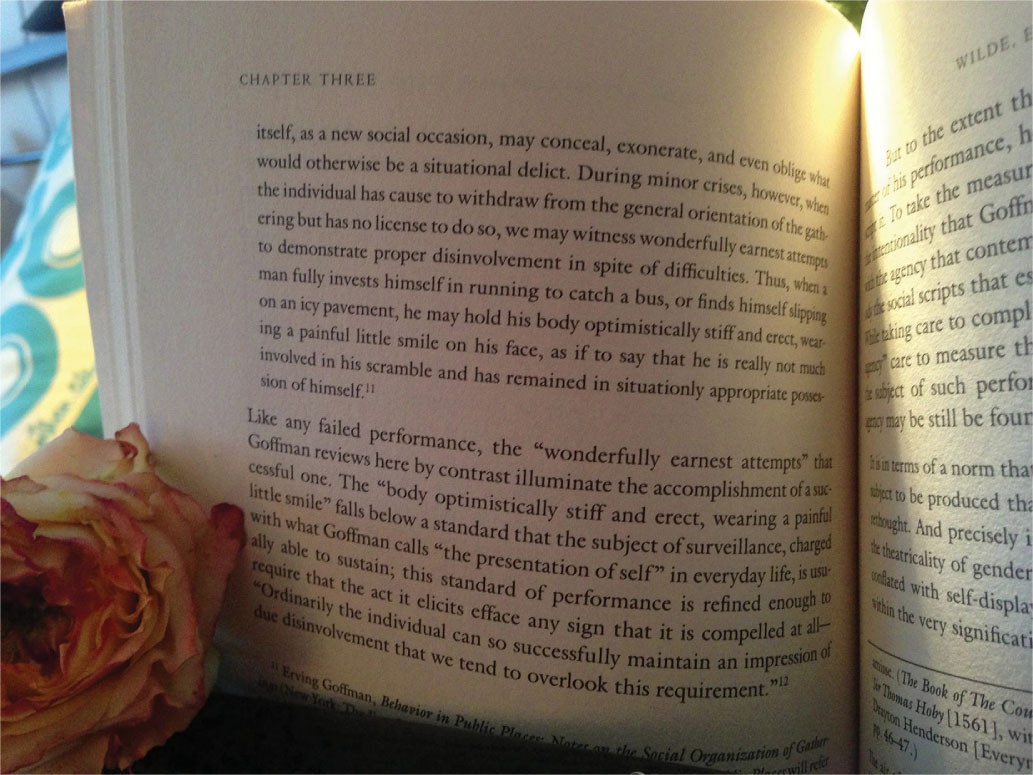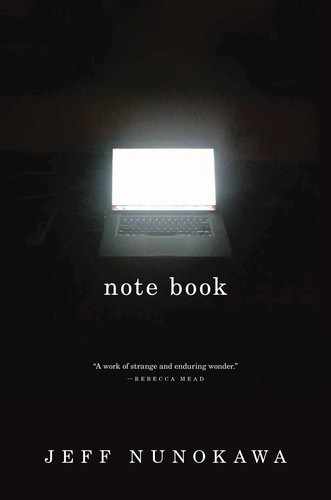4339. Finding My Picture of Dorian Gray
You’d think I’d know exactly where it is, considering how much my life has depended on it. I mean how much of my life has depended on the Proud (I’m not proud of this pride, though sometimes I make believe that I am) conviction that I can keep it in its place, and present it where and how I see fit to present it—or feel it is fit to be presented. But the books that we teach and the faces that we feature are (come the final take) no more under our control than the kindness of our kids and the passing of our parents. I should know that by now, but I have to learn it all over again, all the time—just like I have to spend half my half-waking hours looking for a copy of that goddamn Dorian Gray. What the Hell is wrong with me? It’s not like I haven’t been here long enough—I should know where to find every single book I have, in every single place I live. Have I gotten hold of too many books, or am I just losing my grip? Either way, it’s just one more sign of getting old—of relinquishing what I really never had in the first place.
Now where is that book? It’s not like I don’t have hundreds of copies. And right now, I’d even settle for one of those half-assed prurient, “popular,” paperback editions of it, published back in the day when I was born.
This is ridiculous. If people had any idea how much time I sacrifice searching for things I’ve already read, they’d lock me up in the attic, along with the crazy first wife and the embarrassing pictures.
Maybe I wouldn’t have to spend so much time looking for it, if I took just a little trouble to make it feel at home—
Note: “recognized who it was” (Oscar Wilde, The Picture of Dorian Gray).

“The author regrets the grammatical blemish” (Jeff Nunokawa, “Oscar Wilde, Erving Goffman and the Social Body Beautiful”).
4349. “I have heard the mermaids singing, each to each”
T. S. Eliot, “The Love Song of J. Alfred Prufrock”
—oh, I’ve heard a lot of amazing creatures sing and say a lot of amazing things. And I still do—every day of the week, and sometimes twice on Sundays. I want to tell you the secret of my continuing hearing, because someday (maybe not today, but maybe someday, ten years or fifty years from today), it may come in handy for you: I don’t worry, like I used to worry, whether what I’m hearing is meant for my ears. Now, when I listen to people talk about what or who or how they love, I don’t care as much as I once did, if they’re talking about me, or even to me. I’m just glad that the waves of sound are so pitched with devotion.
If this sounds too good to be true, all I can say is that it seems like all the truest goods sound too good to be true—something as good as clearing (slow or swift) from deafness to delight, or a change in the mood of a verb, or a vision, that gives a new form of life to the most tried and tired drab directions.
“You can’t hear God speak to someone else, you can hear him only if you are being addressed.”—That is a grammatical remark (Wittgenstein). But grammar can be transformed at the speed of a dream or the shift of a continent, and before you know it, you could wind up at a case where you can only hear what you might call God speaking to someone else; never when you are being addressed, alone.
In any case, that’s all I have to say to you. And I’ll leave you in peace now, since I know you have plenty to talk about amongst yourselves.
Note: “poetry is overheard” (John Stuart Mill, “What Is Poetry?”).
4350. “I was part of the nastiness now”
Raymond Chandler, The Big Sleep
Being around kids learning that for the first time makes me remember how quickly I forget that I’ve been a part of it for a long time.
Great Awakenings: you never know when they start. And you never know where they’ll end. Some of the sweetest risings I’ve ever seen began on a street that can be mighty mean.
Note: “I would pray that we learn to treat one another with mutual civilities” (Cotton Mather, “Of Poetry and Style”).
4351. When What You Say Comes Out Just Right
There are moments when speech is but a mouth pressed
Lightly and humbly against the angel’s hand.
James Merrill, “A Dedication”
A friend calls: his heart is in trouble. You don’t know how much trouble. Neither does he. You talk to him for a while and then you hang up and you think: “that wasn’t right.” So you call him back. And this time when you hang up, you know that he feels a little better. You don’t remember a thing that you said to him (the memory, already muffled).
And you know that it really doesn’t matter.
Note: “How could we define this more specifically than by love?” (Kierkegaard, Philosophical Fragments).
C’est une grande habileté que de savoir cacher son habileté
(It is a great cleverness to know how to hide one’s cleverness.)
La Rochefoucauld
And then there’s what’s hidden beyond all the end-zones; some new field where feeling clever falls into something softer: where hard-ass offensive and defensive positions (the fake-out, first of all) have faded out—like your last mean, merely domestic, thought, before a foreign movie resolved enough to really startle you out of your customary senses. And then there you are, moving along (more like streaming than stepping on); there you are, and your feelings are slowly motioning from clever to curious: like you’re suddenly in a new city in another decade and another country, and you come upon these strange structures, and you can’t figure out how anyone could make them. At first, you don’t even know what to make of them—beyond amazement.
And then you remember: Philosophy doesn’t start with a win. Philosophy begins in wonder.
Note
Oh do not ask, “What is it?”
Let us go and make our visit.
(T. S. Eliot, “The Love Song of J. Alfred Prufrock”)
4355. “Having survived entirely your own youth”
James Merrill, “Discothèque”
—wait: did I survive it, or did it survive me? Either way, I’m glad someone survived. And I’m hoping that the one who did won’t forget the one who didn’t.
Note: “connected together by chains of affinities” (Darwin, The Origin of Species).
4359. “prevented him from burning the difficult beginnings”
It was in an Ithaca backyard that his wife prevented
him from burning the difficult beginnings of
Lolita, which was completed in 1953.
John Updike, “An Introduction to Nabokov’s Lectures”
Of course, some things are best left undone. Not everything you start turns into a great novel, or some other form of knowing about the terrible things that people do to one another. And even less turns up anything like a feasible plan to stop any of those terrible things.
Still though, you never know. “Lolita … was completed in 1953.” Now, when I think of 1953, I start thinking about 1954.
1954—Big Year: If you were on Jeopardy (personally, I prefer the original, with Art Fleming and Don Pardo—I’m Old School that way), and the category was “Landmark Supreme Court Decisions” and the clue was “1954,” I’ll bet you’d know the correct answer as well as you’d know to phrase it as a question: “What is Brown versus Board of Education?”
“What is Brown v. Board of Education?” you ask? Well, like that book by Nabokov, it’s partly about students in distress. It’s partly about saving them a little from the terrible things that people do to one another.
Trains of thought; Antecedent principles; Nervous laughter: It’s funny how once things get started, you don’t know how they’ll end.
And you’ll never know if you don’t see them through.
Note: “problems … still await a solution” (George Lichtheim, Thoughts Among the Ruins).
4360. Cold Gathering
Here loveless birds now flock as winter friends.
Robert Frost, “A Winter Eden”
Maybe you wonder when you first arrive: which came first, the friendship or the flocking? But after you’ve been at the party for a while, and feeling a lot less loveless, you’re just glad to be among so many with whom you’ve come to feel at home.
Whichever the way that got you there, you’re
content with bud inspecting. (“A Winter Eden”)
Note: “We see the other not simply as an individual but … as a cohabitant of the same specific world” (Simmel, “How Is Society Possible?”).

